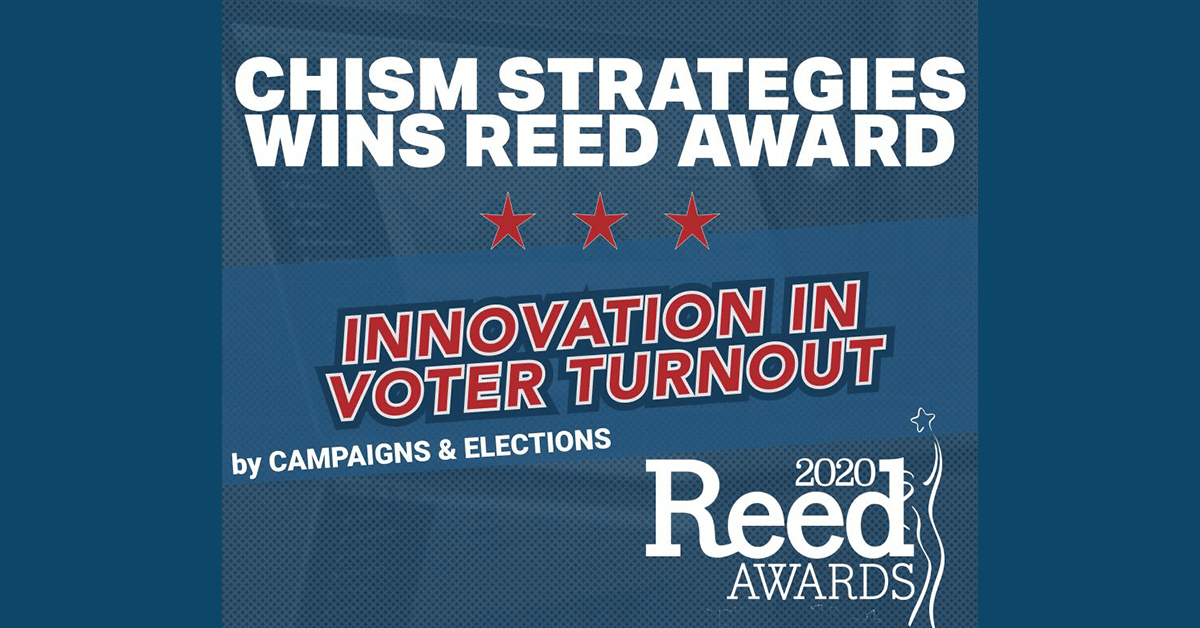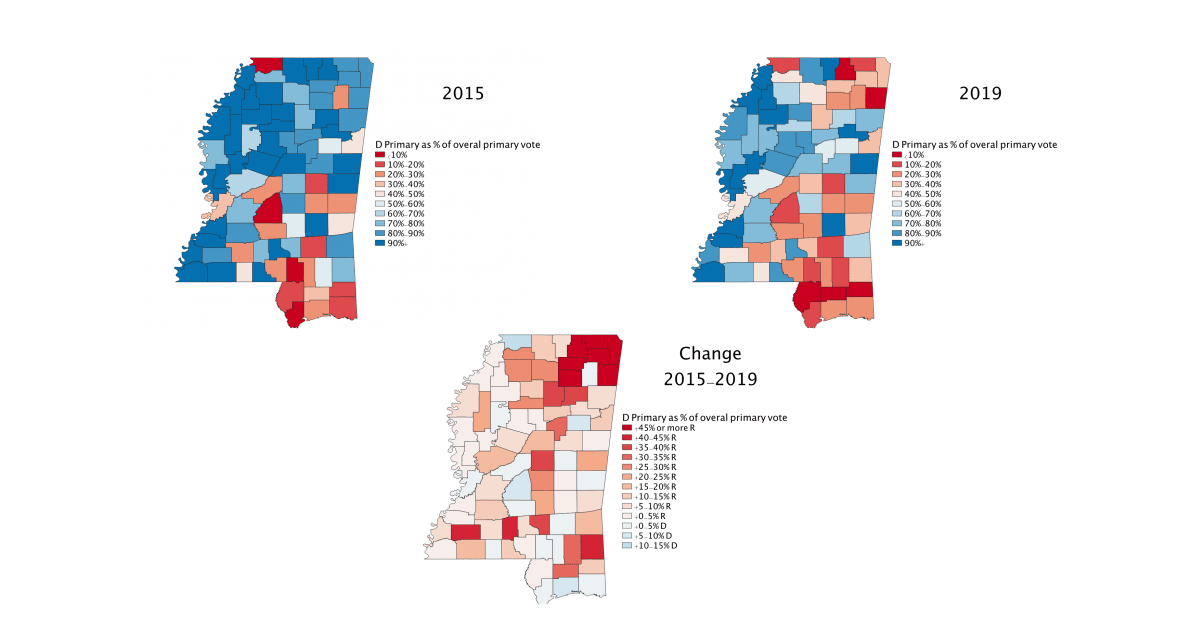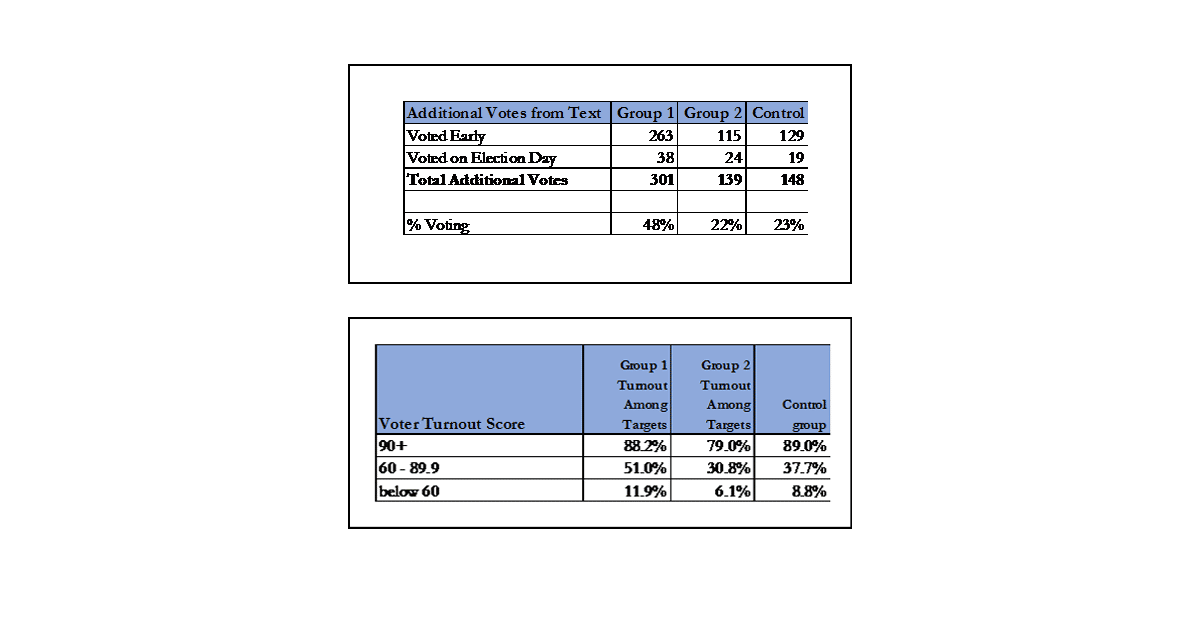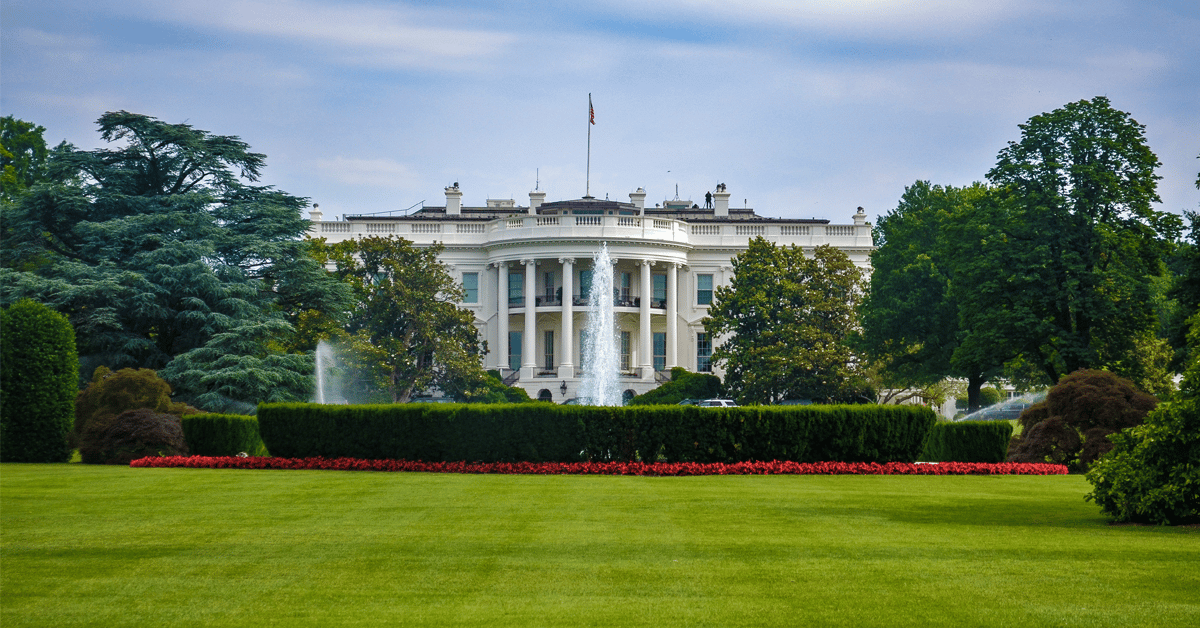Chism Strategies was singled out by Campaigns and Elections Magazine at the Annual Reed Awards Ceremony for a Social Pressure Texting Program in Eric Johnson’s Successful Campaign for Mayor of Dallas.
Brannon Miller, Author at Chism Strategies - Page 6 of 6
We appreciate all our clients and other political professionals who have inquired recently about our PolitIQs series that we had suspended in 2019 under the load of the fall campaign season. Today we renew this regular email series with a summary of some interesting scholarly journal pieces of the last six months.
It’s been twenty years since the outcome of a Mississippi Governor’s election was still in question on Election Eve (Musgrove v. Parker). All reputable polls show the contest could go either way. And as we all prepare for this pivotal decision, Brad Chism reminds us of some important numbers to consider as you speculate on Tuesday’s outcome.
Last week’s Republican sweep of statewide office and the margin of the Reeves victory are troubling for most Democrats in our state. Monday morning quarterbacking is inevitable, and many of the observations have merit. I’d like to offer my perspective gained in more than two decades of work for progressive candidates and causes across the country. Here are a few key points to remember and some specific suggestions about the best way to move forward with the Mississippi Democratic Party.
We’ve read a number of commentaries about the significance of the GOP primary being larger than the Democratic primary for the first time ever. That is indeed a milestone. In this report, we explain why this change occurs.
In early June 2019, Eric Johnson was elected Mayor of Dallas. His victorious campaign to lead America's ninth-largest city was remarkable for the absence of TV ads, digital video or radio ads. The old-fashioned combination of field, phones and mail paved the way for victory in this low turnout election. But there was at least one new wrinkle in the campaign playbook—social pressure texting. In the end, more than 3% of Eric Johnson’s margin of victory came from this small texting program.
Campaigns are turning to text messaging as an effective means to reach voters—and for good reason. The tool is inexpensive, relatively simple, and the message is almost sure to be read. (Studies show texting open rates to be 96% or better.)
A study published in the most recent Public Opinion Quarterly confirms what most of us suspect—that when one’s candidate wins, he or she has more faith in the electoral process than after a loss. But this study over the last three presidential elections offers more insights: there is no symmetry in the results: the skepticism about the system is greater and last longer for those supporting losing candidates than does the rosy feeling of winning and the belief in the efficacy of the system.







